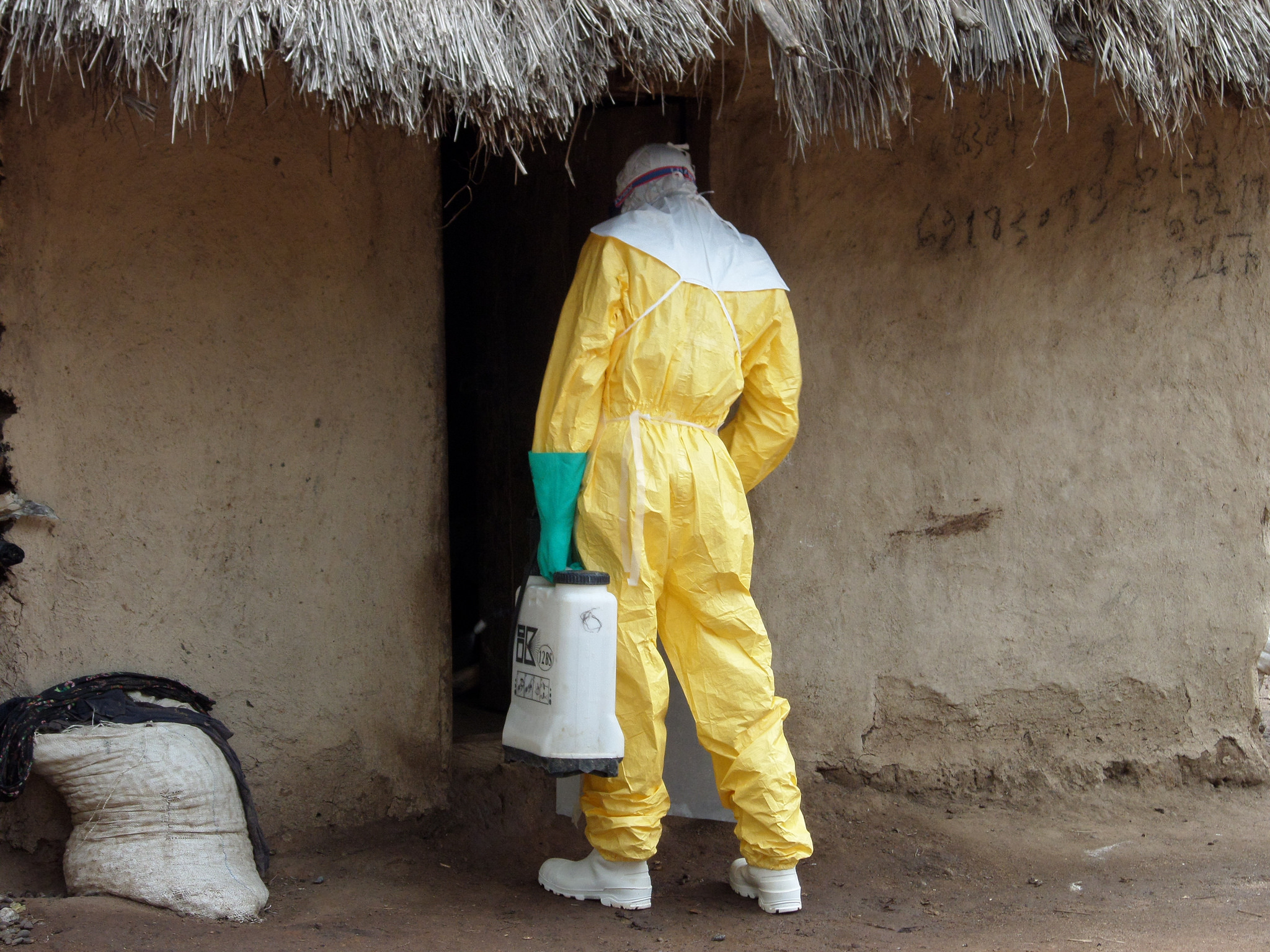
By Natalie Wyatt
China’s involvement in Africa has manifested itself in many forms since the turn of the century. One of the most innovative ways China has been able to further its relationship with African nations while also entering African markets is through what many scholars call “health diplomacy.” Health diplomacy is defined as “any health care activity characterized by the underlying intention of improving political, economic, and/or cultural ties between donor and recipient countries in keeping with the foreign policy of the donor state.” This method is a form of soft power, a way for China to foster relationships with African nations and as one journalist for “Knowledge @ Wharton” writes, “pav[e] the way for Chinese countries to profit in Africa.”

Africa’s history of health diplomacy in China is more than fifty years old, having started during the height of the Cold War. During the 1950s China sent units of doctors from specific Chinese provinces that would volunteer in a particular African nation. For example, the Yunnan Province sent medical resources and trained professionals to Uganda. This strategy played off of China’s history of peasant movements, a form of struggle that made many African nations trust China more than the hegemonic United States and Soviet Union. In the upcoming decades China sent “barefoot doctors,” medical teams that worked in rural areas providing treatments and prevention strategies using both Eastern and Western medicine.
From this time until the beginning of the 20th century, China’s health diplomacy strategy, no matter how effective, began to fall by the wayside. Yet, when China began to take interest in Africa once more, and particularly the oil and mineral resources that were underexploited in many regions of the continent, the soft power strategy of health diplomacy arose once more.

China’s form of health diplomacy, a horizontal approach that focuses on furthering health care infrastructure on the ground, appears to be incredibly effective, both for China’s establishment of influence in the continent and for the African nations who are in need of health care and medical resources. The success of this strategy is due largely to China’s unique approach; many western nations try a vertical approach to health care in Africa, working with international NGOs and the United Nations. However, this can mean that little infrastructure develops in the nations themselves to respond to disease and health needs in the long run. Nevertheless, as China becomes a larger foreign power, it seems that horizontal strategy of health diplomacy may change. Last May at the 4th International Roundtable on China-Africa Health Cooperation, held in Botswana, many organizations like the Gates Foundation and Global Fund were present, marking perhaps the beginning of a change in China’s health diplomacy in Africa – one that involves collaboration with more international organizations.
The prevention methods and treatments China provides are not simply a humanitarian display; China gets much out of the deal as well. As African nations begin to trust Chinese medical care and products, African sentiments towards China begin to change for the better. As one African scholar comments, “By building relations with developing countries, the Chinese government hopes to have the numerical clout to prevent the organization from passing General Assembly resolutions that condemn its actions and policies.” Besides simply providing China with more allies on the international stage and in the United Nation, the use of a health diplomacy strategy also means that China is investing more money in Africa, which ultimately expands China’s market. In 2006 at the China Africa Cooperation Forum, China pledged 37.5 million in U.S dollars to African nations, money that would go towards sending anti-malarial drugs manufactured in China to Africa and towards building 30 hospital and treatment centers on the continent. Since then, China’s aid in developing Africa’s health sector has only continued to grow. Ultimately health diplomacy boosts China in the eyes of many Africans, as well as allows African people and companies to be more willing to buy Chinese medical manufactures. Thus, China’s health diplomacy opens up large markets in African nations to which they can sell their products.

In the past year, China’s health diplomacy has perhaps been most visible in the Ebola outbreak in West Africa. In fact, on January 22nd in Zurich, the World Health Organization (WHO) Director-General Margaret Chan called China’s involvement in preventing the spread of Ebola in the outbreak “exemplary” for the international community. Although in some cases China’s “no strings attached” policy of international influence in Africa has been problematic, as little concern has been had for human and environmental rights, in the case of health diplomacy China’s soft power appears to have been effective without compromising human rights or the autonomy of African nations. If China continues to promote a method of health diplomacy that is horizontal, encouraging African nations to build clinics and work on societal prevention methods, while also developing relationships with international organizations like The Gates Foundations and UNAID, China’s influence in African health care may continue to look bright. Some Africans and people in the international community still have concerns. Michael Sata, a presidential candidate of Zambia in the 2006 election, remarked on China’s soft power influences in the nation: “Zambia is becoming a province–no, a district–of China … We’ve removed one foreign power, and we don’t want another foreign power here, especially one that is not a democracy.”
Natalie Wyatt ’18 is in Davenport College. Contact her at natalie.wyatt@yale.edu.